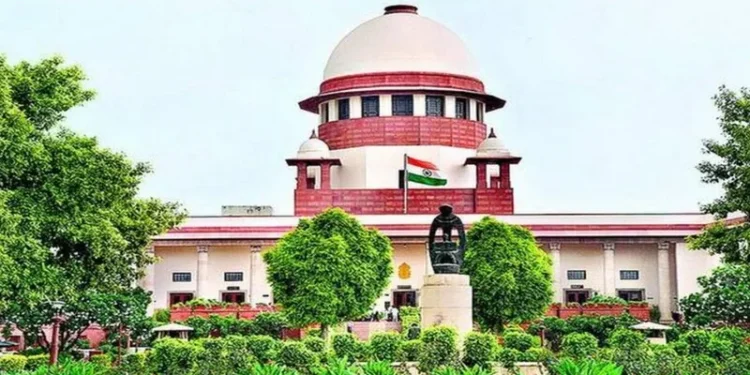The article explores concerns about perceived biases in India’s judiciary, particularly the Supreme Court, regarding Hindu religious issues. It highlights instances where judicial responses to Hindu concerns appeared less urgent compared to other communities. Examples include contrasting judicial approaches to amendments in the Waqf Act and representation in Waqf Boards versus temple trusts. The article also discusses the differing standards of evidence required in landmark cases like the Ram Janmabhoomi dispute. It raises questions about consistency and neutrality in upholding constitutional principles of equality and freedom of religion.




![[ India Today ] Ohio senator JD Vance thanks wife, a Hindu, for helping him find Christian faith](https://hinduvishwa.org/wp-content/uploads/2024/06/us-senator-jd-vance-reveals-how-his-hindu-wife-usha-helped-him-find-his-christian-faith-image-re-272530504-16x9_0-120x86.webp)










